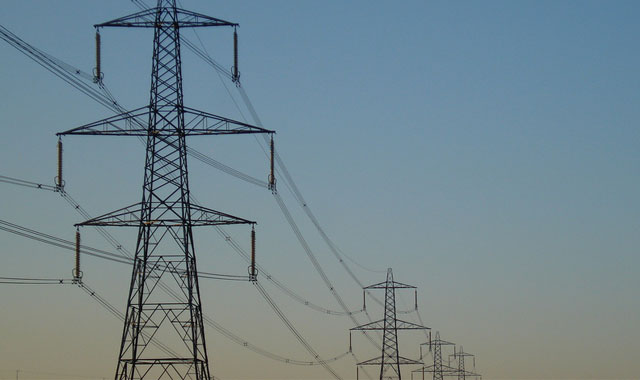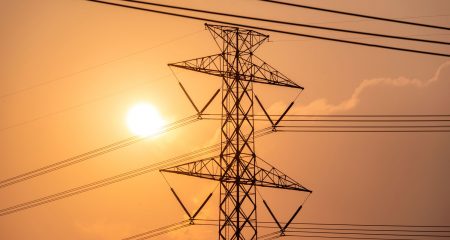
Trade union federation Cosatu on Wednesday vowed to fight “to the bitter end” any attempts to privatise Eskom.
“Cosatu is not surprised by media reports that there are moves within government to privatise Eskom,” spokesman Patrick Craven said in a statement.
“This is a continuation of an agenda started in the late 1990s when government scaled down investment in the electricity sector with the hope that the private sector would invest in the sector.”
On Tuesday, Business Day reported that a team of cabinet ministers and government officials were looking into restructuring Eskom’s business, which included selling some of its power stations to private investors.
The options being discussed by the ministerial team, representing energy, public enterprises and national treasury, have not been made public.
Public enterprises minister Lynne Brown was quoted as saying it would be “premature to make pronouncements until completion of the process”.
In a statement later, Brown said: “I want to indicate that there is a portfolio of options for the inter-ministerial task team to consider. To my knowledge, cabinet has not discussed the matter of privatisation and there is no need to unnecessarily raise temperatures around this matter.”
She added that it would be a grave mistake to privatise Eskom.
On 28 July, the power utility painted a gloomy picture of its books, telling MPs it faced a R225bn revenue shortfall, partly as a result of being granted lower-than-expected tariff increases by the National Energy Regulator of South Africa (Nersa).
Eskom has been asking for an equity injection of at least R50bn to solve its cash-flow problems.
On 30 July, Nersa announced it had approved the regulatory clearing account (RCA), paving the way for Eskom to raise electricity tariffs next year.
The RCA is a regulatory mechanism that allows Eskom to adjust for over-or under-recovery of revenue, as initial price determinations are based on projections and assumptions.
Craven said the calls indicated that the “1996 class project agenda” had not been exorcised completely. “This calls for maximum vigilance by progressive forces,” he said. “It can’t fit into the agenda of the second phase of radical transformation [in the ANC’s second term of office] and must be defeated.”
He said electricity was critical for transformation. “We will not hesitate to mobilise our members to defeat these remnants of the 1996 class project.”
The 1996 class project is defined as the emergence of a small group of influential black people who used the state as a way of accumulating power. — Sapa




